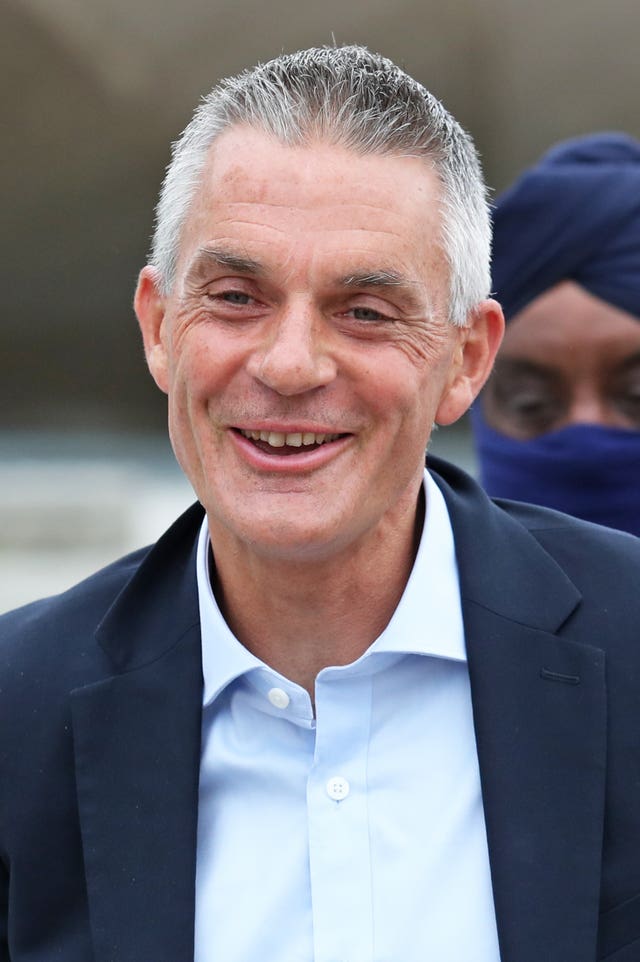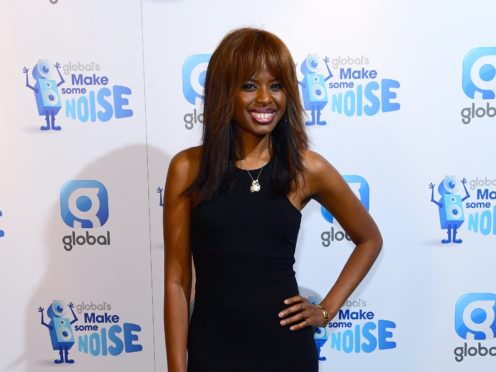June Sarpong, the BBC’s diversity chief, has told how she was “gaslighted” by TV commissioners during her career.
The broadcaster has been tasked with improving diversity on screen and behind the scenes at the BBC.
She said that “we are past the point of empty rhetoric” and she hopes that new talent “doesn’t necessarily need to go through the things I went through in my career.”
Sarpong told the Creative Coalition 2020 conference: “I understand first hand what the problems are and who the problem is as well and where the barriers are to progress…
“I’ve been in rooms with commissioners where you’ve been gaslighted.
“I’ve been up for jobs and, last minute, there’s been fear of whether or not a black person can present a mainstream show.”

She added: “I don’t believe it’s intentional.
“It’s also out of fear and thinking that’s how the audience thinks.
“I know first hand… that is not how the audience thinks, because I know how the audience responds to me.”
Sarpong said that “sometimes the onus is put purely on people of colour, black people.
“But this conversation is for everyone and particularly white people have a very specific role to play in this.”
She added: “The self reflection that we are asking people of colour about, we need to being asking white people about – in terms of how sometimes even ignorance can make you inadvertently complicit to a system that’s unfair.
“It’s about examining white privilege and what that means – are you perpetuating it or actively being anti-racist to help dismantle it?”
Her comments come after BBC programme-makers were asked to monitor the ethnicity and disability representation of on-screen contributors.
The gender of people who appear in programmes – such as reporters, commentators, spokespeople, analysts and academics – is already measured by the likes of The One Show, News At Six, BBC Breakfast and Songs Of Praise.
Director-general Tim Davie now wants ethnicity and disability to be monitored, although the move will be voluntary.
